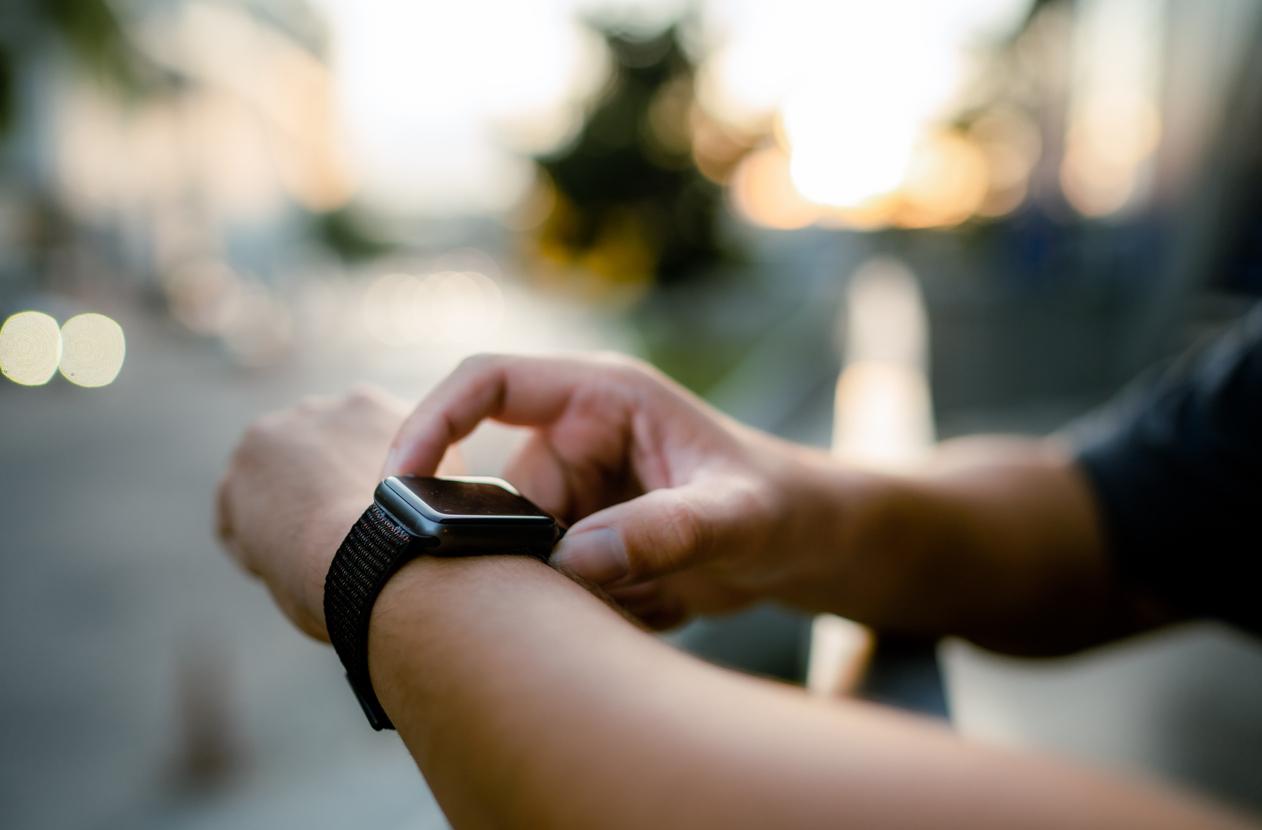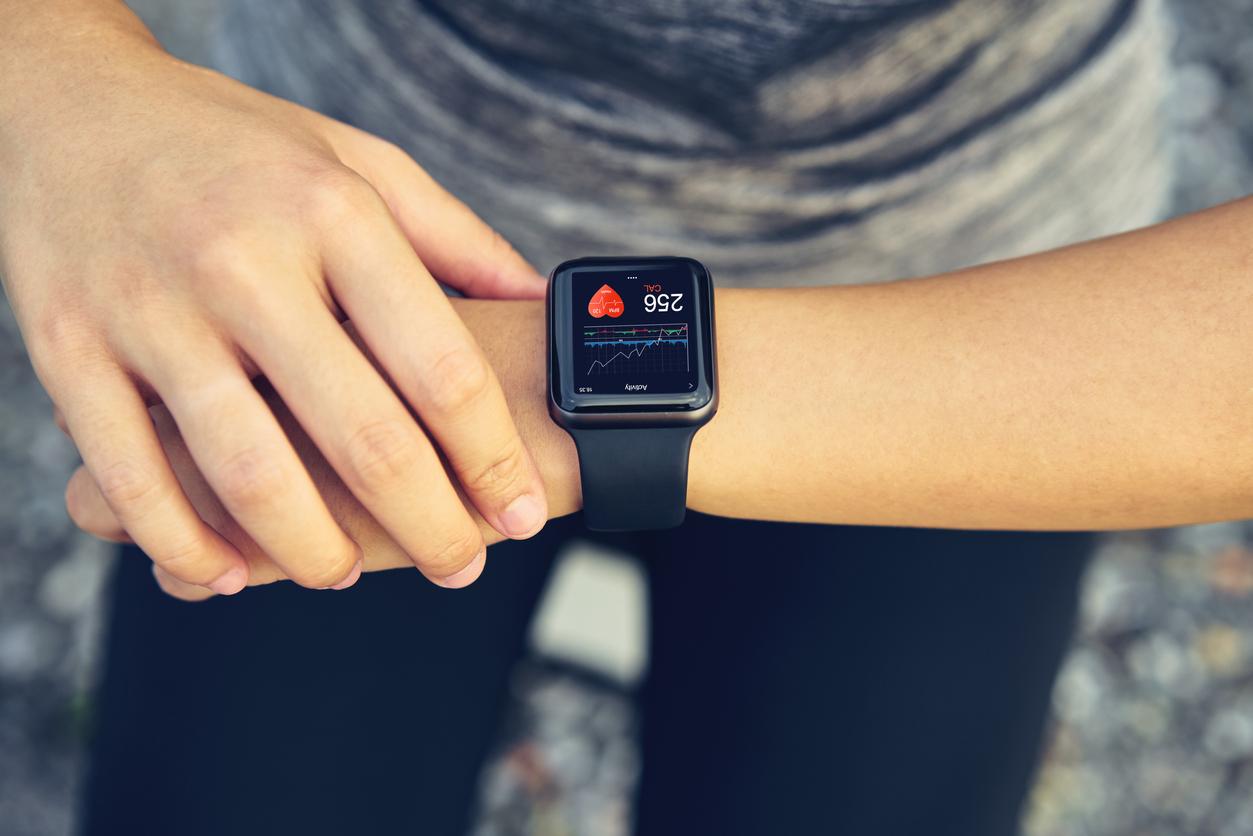Smartwatches could detect Parkinson’s disease up to seven years before symptoms appear and a clinical diagnosis can be made.

- Smartwatches can predict Parkinson’s disease up to seven years in advance.
- Thanks to artificial intelligence, these devices can measure the speed of patient movements.
- “The data could be a useful screening tool to aid in the early detection of pathology,” the authors say.
Tremor at rest, slowness in movement and rigidity when moving… Parkinson’s disease is characterized by the association of these three symptoms, which are not necessarily all present at the same time. For now, “there is no pathology-modifying treatment. Reliable predictive biomarkers that could transform efforts to develop neuroprotective treatments remain to be identified”, said researchers from the University of Cardiff (Wales). In a recent study, published in the journal NatureMedicinethey revealed that smartwatches could accurately predict, using artificial intelligence, who would later develop Parkinson’s disease.
Smartwatches measure the speed of movements
To reach this conclusion, the scientists looked at data collected from 103,712 participants, by the UK Biobank, who wore a smartwatch for a 7-day period between 2013 and 2016. The devices measured the average acceleration, c ie the speed of movements, continuously for a week. Next, the team compared data from people who had already been diagnosed with Parkinson’s disease with another group who had been diagnosed up to seven years after the smartwatch data was collected.
Parkinson’s: AI can predict time to diagnosis
According to the results, it is possible to identify the people who will later develop Parkinson’s disease, based on the data from the smartwatch. The authors found that the artificial intelligence used by the devices was more accurate than any other recognized risk factor or early sign of disease in predicting whether an adult would develop Parkinson’s disease. According to the researchers, this model was also able to predict the time to diagnosis.

The connected watch, future “screening tool”?
“For most people with Parkinson’s disease, when they begin to experience symptoms, many of the affected brain cells have already been lost. This means that it is difficult to diagnose the disease at an early stage. Although our findings are not intended to replace existing diagnostic methods, smartwatch data could be a useful screening tool to help with early detection of the disease.This means that when new treatments start to appear, patients will be able to access it before the disease causes significant brain damage,” concluded Kathryn Peall, author of the work, in a statement.
















